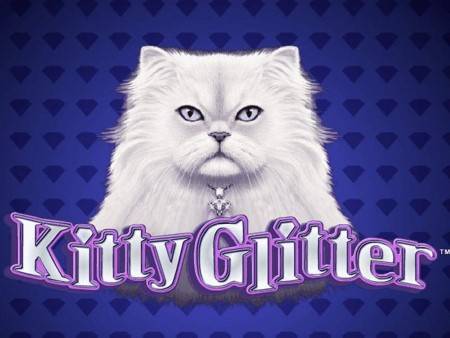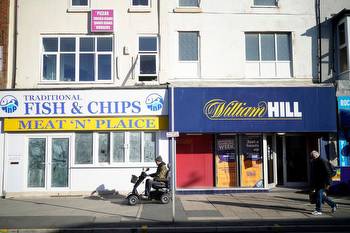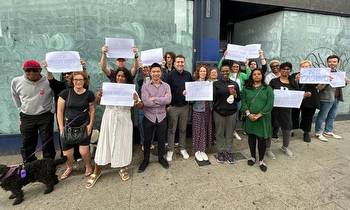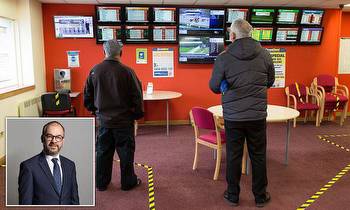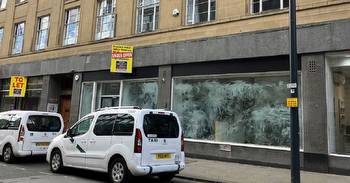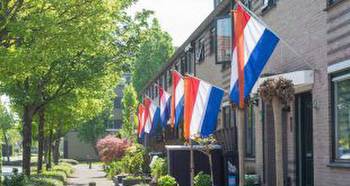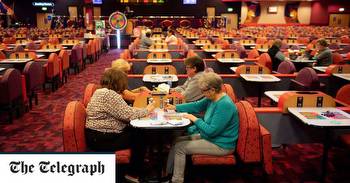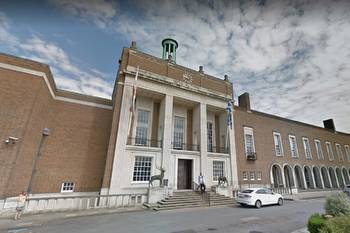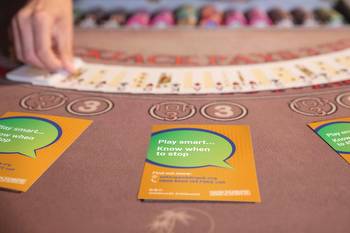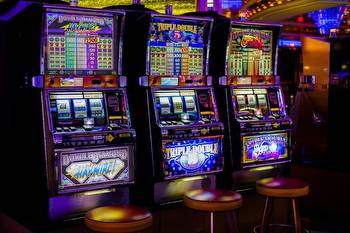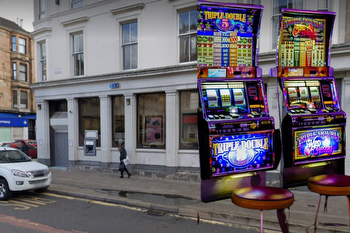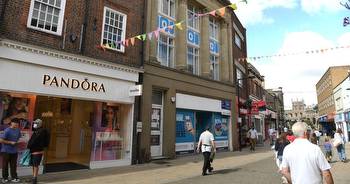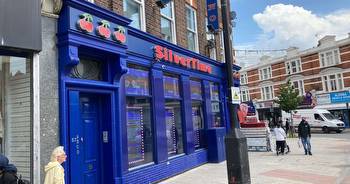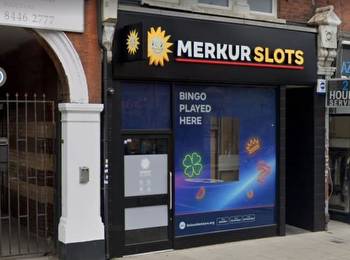Vulnerable and addicts being 'enticed' into gambling in city's poorest areas, fear councillors
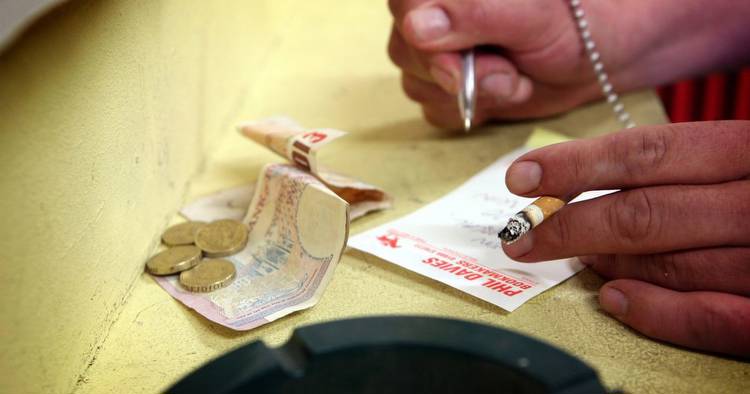
Bookies and online gambling companies operating in Birmingham have come under fire from councillors worried about the dire impact on families and the vulnerable - particularly in the city's poorest neighbourhoods.
One stretch of Washwood Heath Road in Ward End - with three bookies next to each other and another just metres away - was held up as an example of the 'saturation' of neighbourhoods where many residents struggle to make ends meet.
Locals have renamed the area 'Bookie Belt' because of the number in such a small area, said Cllr Majid Mahmood (Lab, Bromford and Hodge Hill), speaking at a meeting of the full city council.
And there is no escape online, with gambling companies using the lure of free bets for new and lapsed customers, said fellow Cllr Alex Aitken (Lab, Kings Norton).
"A study last year by the University of Bristol showed betting shops were ten times more likely to be found in poorer areas of the country than in wealthy parts," Cllr Mahmood told the meeting. (Tues Feb 1)
A fifth of all gambling sites are in the poorest areas, the research showed - and in Birmingham that is feeding into hardship and unrest, he said.
And when bookies take over several premises between them, like they have done in this part of Ward End, they limit choice for poor families buying food and essentials, he claimed.
Many of our residents "look to us to act and ask why we cannot act to stop the concentration of betting shops on our high streets," he said.
The discussion comes as news emerged that a planned Government White Paper setting out a review of gambling laws, due early this year, has now been postponed until at least May.
The Department for Digital, Culture, Media and Sport (DCMS) launched consultation in December 2020, amid mounting concern over addiction and children’s exposure through advertising and football sponsorship.
Cllr Mahmood said existing planning and licensing powers do not allow councils to limit the concentrations of such premises in particular areas.
Martin Straker-Welds (Lab, Moseley) said national regulations around gambling did not do enough to protect the most vulnerable, with no limit on the number of betting shops allowed in an area, or in proximity to schools or other settings.
"Lax regulation amounts to gambling with people's lives, and with our values as a council. How can it be right to leave gambling venues to their own devices, and to abandon vulnerable addicts to the open market that gambling has become?" he said.
He added: "The overwhelming profit from this industry is drained from those who can least afford it."
Cllr Aitken (Lab, Kings Norton) said the impact of gambling addiction can claim lives - with online sites using the lure of free bets and offers to lapsed gamblers to bring them back in.
He highlighted the shocking case of Luke Ashton, from Leicester, who took his own life after being incentivised to return to gambling after trying to quit.
"He was trying to give up gambling, but got clawed back in during lockdown after being bombarded with free bets, some of which were worth 4 and 5 figure sums," he said.
Luke's wife Annie was now proposing Luke's Law to ban free bets and other coercive marketing tactics.
"The bleak fact (is) that 86% of online gambling profits come from just 5% of gamblers," said Cllr Aitken.
"Imagine the justified anger and outrage if an alcoholic drinks supplier sent a complimentary crate of beer to a recovering alcoholic, someone who they knew had been attending Alcoholics Anonymous, who had been trying to get their life on track.
"And then when that was ignored, imagine they then sent them a complimentary bottle of vodka. And then another one.
"In the gambling industry, sending so-called "free bets" to gambling-users is accepted simply as a clever marketing ploy. And the results can be catastrophic for users vulnerable to addiction."
He told the meeting, held in the Holte Suite at the home of Aston Villa FC: "We’re at Villa Park now, and on match-day this place will be littered with gambling ads. Gambling logos appear in an average premier league game 700 times. Once every ten seconds.
"The gambling industry has its claws in our most beloved game, and isn’t letting go any time soon of its own accord."
The Government and the Gambling Commission police the sector and have failed to keep pace with the rapid rise in online betting, he claimed - while councils like Birmingham have "limited powers" to intervene.
"We should be united against the suffering gambling addiction is inflicting upon households across Birmingham.
"In the last six years, gambling-related hospitalisations in the UK have more than doubled to a record high and an average of one suicide a day is linked to gambling, often young men with their whole lives ahead of them.
"Today, tomorrow, the day after, and the day after that, someone will die because of the torment caused by problem gambling.
"It’s torment that I’ve seen first hand, I’ve felt the pain of how it’s torn families apart, I’ve seen how it can tear communities apart, ruin relationships, friendships and lives – and until genuine action is taken to regulate the gambling industry, it will continue to do so."
They were among several councillors who spoke out during consideration of a council report setting out the principles that Birmingham City Council will apply when considering applications for gambling licences, as required by the Gambling Act.
The council agreed to follow the guidance set out by the Gambling Commission - the enforcing body that oversees gambling. It is also creating area profile maps that show the location of existing betting shops in relation to other community venues including schools, which can be referred to when assessing applications.
What The Gambling Industry Say
We approached the Betting and Gaming Council, which represents the betting shop sector, to put the key points raised.
A spokesperson said: “We strongly support the Gambling Review as a further opportunity to raise standards, but it’s vitally important that it strikes the right balance between protecting the vulnerable and not spoiling the enjoyment of the vast majority of customers who enjoy a flutter safely and responsibly.
“In contrast to the growing unsafe, unregulated black market online, regulated BGC members must abide by the strict advertisement rules which make clear adverts must not exploit children and other vulnerable persons in relation to gambling activity.
“According to the regulator, the Gambling Commission, the rate of problem gambling fell from 0.6 per cent to 0.3 per cent in the 12 months to September last year.
“Funding for football from the regulated betting and gaming industry - including £40m for the English Football League and its clubs - has also proved vital during the pandemic.”







